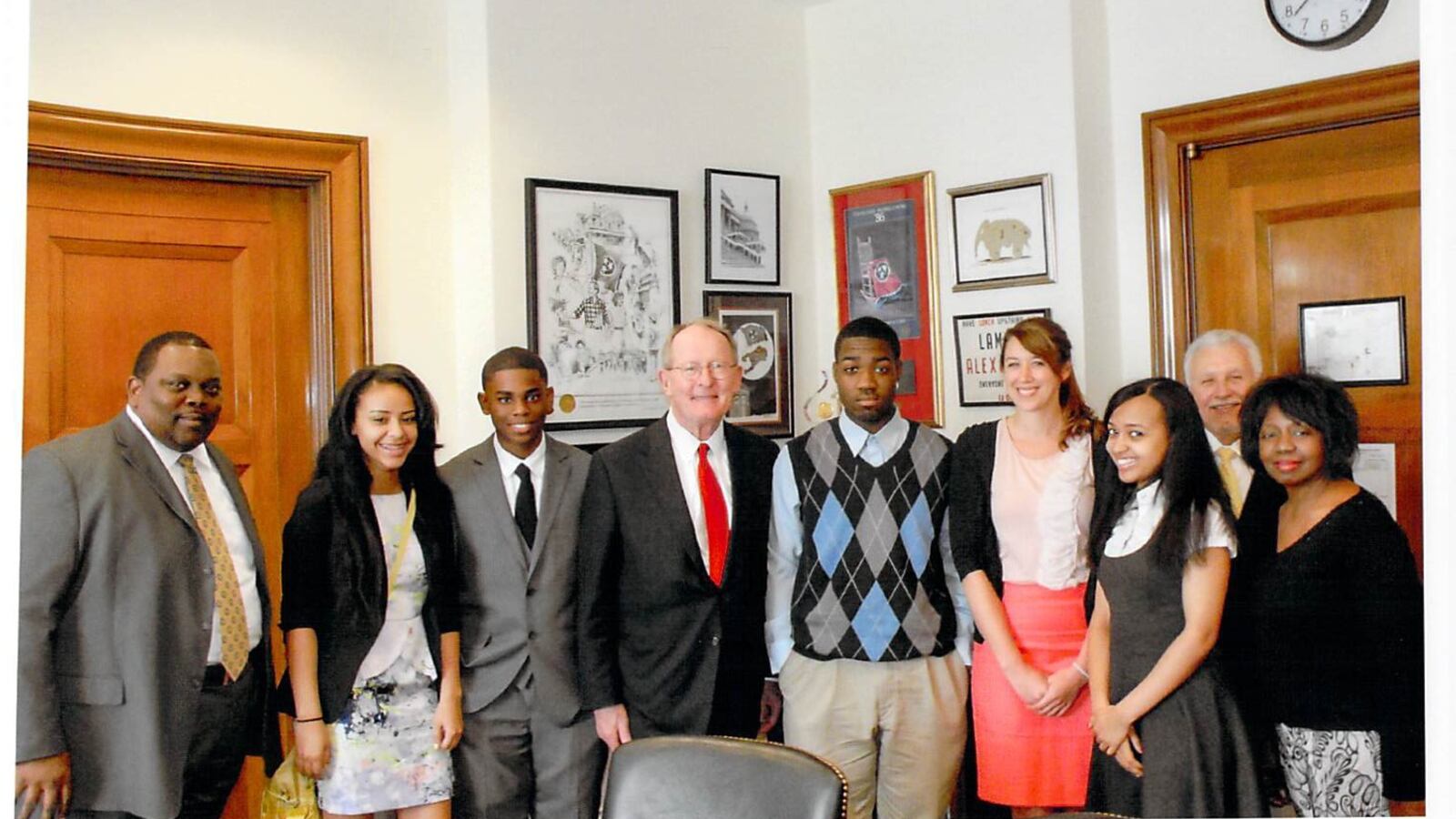A nonprofit league that organizes speech and debate tournaments for students across Shelby County appears to have abruptly shut down, leaving teams at dozens of schools in the lurch.
The board of the seven-year-old Shelby Debate Society voted to cease operations last week, executive director Dwight Fryer told coaches and others in an email on Friday. The nonprofit had experienced “challenges with fund raising and has a deficit for this fiscal year,” he wrote, adding that he was stepping down.
The message, which is now Fryer’s email auto-response but does not appear on the debate society’s website, says Shelby County Schools “has been encouraged” to take over the group’s operations.
The lack of specificity about what might happen to the tournaments and teams that the society has organized alarmed coaches.
Jon Alfuth, one of the society’s nearly 40 coaches, said of Fryer’s suggestion for the district to take over, “That’s the part that got me a little freaked out. … There’s a lot of uncertainty at this point.”
Shelby County Schools officials declined to comment on the possibility of the district taking over the society but suggested that it might find a way to work with the society’s board of supporters.
“Right now, we are still hopeful our partnership with the Shelby Debate Commission will continue,” the district said in a statement.
Fryer said in the email that he had offered to train Shelby County Schools employees to run the program, which serves 250 to 350 students every year. Debate coaches, who receive a stipend for their time and travel, formed teams at about 28 high schools and middle schools. The teams spanned both district and charter schools, such as The Soulsville Charter School, where Alfuth teaches geometry and policy debate.
If the district were to take over, it is unclear if coaches at charter schools could remain involved.
The uncertainty means that students like Jamila Miller could go without a crucial extracurricular activity next year. Miller, a graduate of Soulsville Charter School, said debate brought out a sense of confidence in herself and in her peers that may not have been discovered otherwise.
Now a sophomore at Wellesley College in Massachusetts, Miller was on the debate team for three years and competed in the Urban Debate National Championship in Washington, D.C. her senior year of high school.
“Not every high schooler in Memphis has access to speech classes or classes that really teach you to reason through your opinions and present an argument,” Miller said. “In this city, it’s devastating to take away programs like this that supplement student learning. We can’t just give up on this.”
Stable funding was a chronic issue for the program and worsened over the past few years, said James Sdoia, a Memphis businessman who originally founded the society as the Memphis Urban Debate League in 2008. He said he started the league because he was shocked that a debate club didn’t exist in Memphis public schools and remained on the board until two years ago.
“A debate club hadn’t existed in Memphis for 40 years when I founded this,” Sdoia said. “Students thrived in it, and so many went on to be successful in college. When I left, I knew the society would run its course unless additional funding was found. But we just can’t let this die for another 40 years.”
The society has appealed to the public for donations but failed to round up many. A crowd-funding request for a camp that had been scheduled for this week went live six months ago but raised only $310, out of a goal of $12,000, and the camp was canceled.
Debate parent Debby Howell-Moroney said she was disappointed to be told that the board decided to end the society instead of looking for a new director and additional funding. Howell-Moroney’s two children are on the debate team at White Station High School, and she herself was a debater in high school and college.
“I have seen this give a platform for the best and brightest to shine in some of the city’s poorest schools,” said Howell-Moroney, who volunteered with the society. “It gives a voice to these students that they can’t find elsewhere. I’m surprised they were so willing to just let this go.”
The voice Miller found through her years at debate now manifests itself in her poetry, such as her poem “Toward a Greater Memphis.”
“I used to just write what I felt,” she said. “But after I started debating, I realized my poetry could be a place where I could be a strong voice for my community and deliver what I was feeling backed up by facts and examples. Confidence. That’s the biggest thing debate gave me. What will happen to all those kids who don’t get the chance to discover confidence?”

